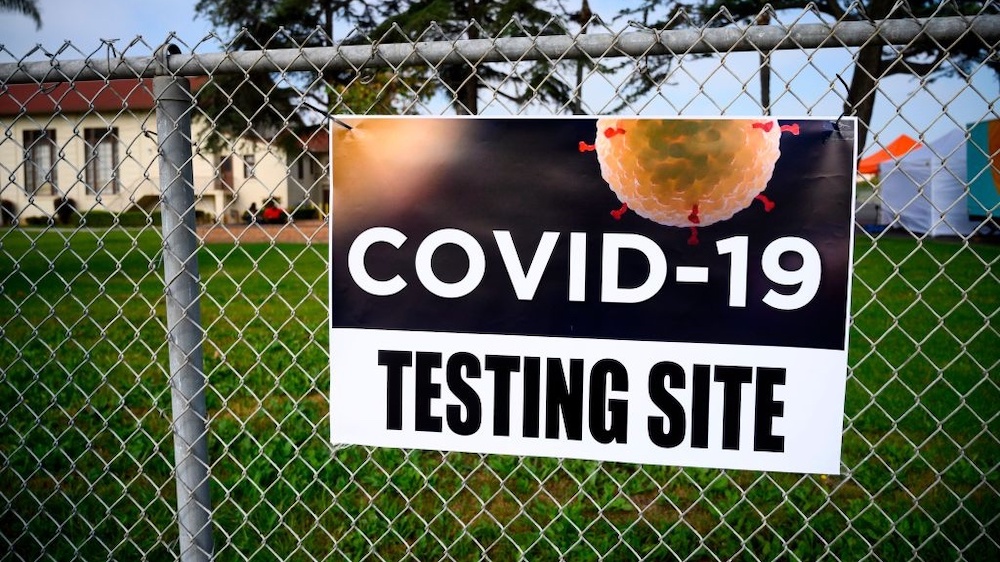If you’re interested in sharing your opinion on any cultural, political or personal topic, create an account here and check out our how-to post to learn more.
____
There is an old saying in the African American community: “When White America catches a cold, Black America catches pneumonia.”
This saying speaks volume during the current coronavirus pandemic engulfing our lives. Over the past month, there have been more national conversations and articles written about the coronavirus and health disparities. There exists a degree of acknowledgement, yet no coordinated governmental or health responses to address the problem.
The problem is African Americans are disproportionately represented in new cases and mortality rates. For example, in the state of Louisiana, African Americans make up 33% of the population yet account for 70% of deaths from coronavirus. Similar statistics are present in Michigan, Illinois, and other states across the country. Yes, underlying health conditions such as hypertension, diabetes and asthma play a role, but these are not the only factors.
Additionally, this pandemic has shined a light on the already existing racial, social and economic inequalities present in our society. I want to be clear there is absolutely not an inherent gene or predisposition that makes African Americans predisposed to coronavirus, but rather the biases, racism and existing inequalities that amplify the problem. A brief summary of the underlying health disparities include underinsurance, poor access to quality care, food deserts, housing segregation and education.
To address a problem, we have to acknowledge it. The health disparities related to coronavirus have been acknowledged and reported by multiple sources. It is now time to begin to discuss solutions to this problem. This pandemic is a microcosm of our existing society; thus, short and long term solutions need to be developed.
Below, I am listing short-term immediate, actionable steps we all can advocate for in our respected communities:
1. Collection And Reporting Of Demographic Data
We should mandate all local and state governments to collect and report data pertaining to coronavirus. This initiative will help best allocate resources to the underserved areas hardest hit in our communities.
2. Utilizing Existing Resources
It is important to utilize the entire health system. Churches have always served as a stronghold in our community. Churches can serve as distribution sites for household items and handmade masks. Having social workers available virtually or on site at testing sites to connect families with food, unemployment and child care resource assistance could also be effective.
3. Improved Access To Testing
Transportation is one of the social determinants of health. The goal would be to improve accessibility, mobile testing and/or drive-in testing sites for vulnerable populations in minority communities.
4. Targeted Outreach
We can create cultural driven messages to our communities, emphasizing the use of face coverings (it does not have to be limited to masks) and hand sanitizer/hand washing.
Sidenote: A barrier to us wearing face coverings is related to fear of police profiling and brutality.
5. Enrollment In Clinical Trials
African Americans traditionally are under-represented in clinical trials due to mistrust of the health system, related to decades of mistreatment and undertreatment. However, our presence in clinical trials related to vaccine development and medicines for coronavirus are essential. Diversity in these trials matter. We won’t know if these medicines are effective in us if our populations are not represented.
Continuing to push us forward and stay safe!
